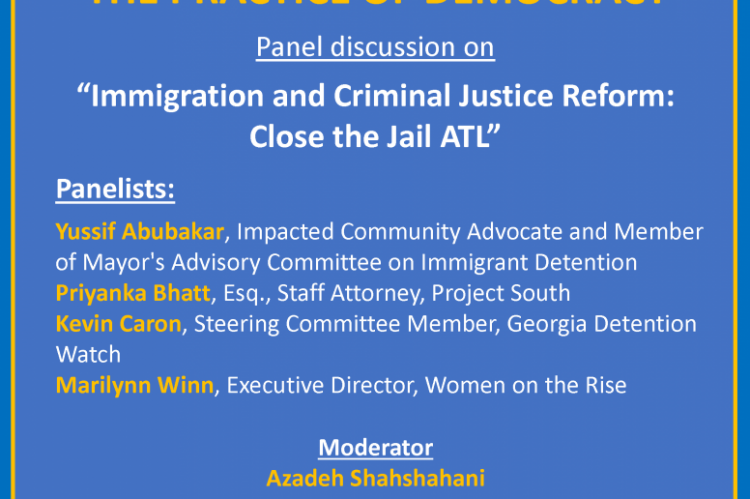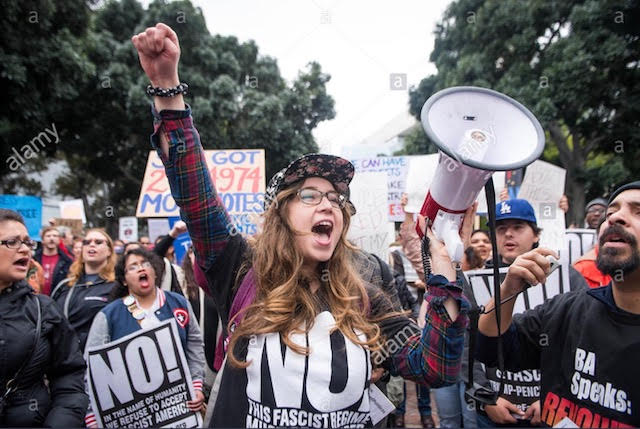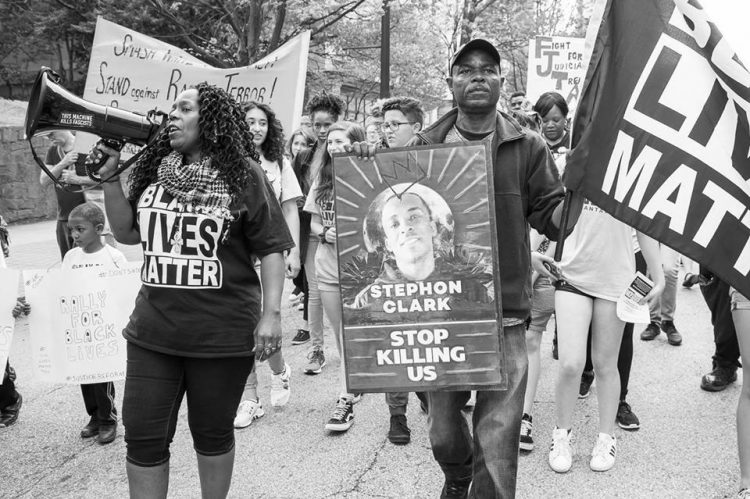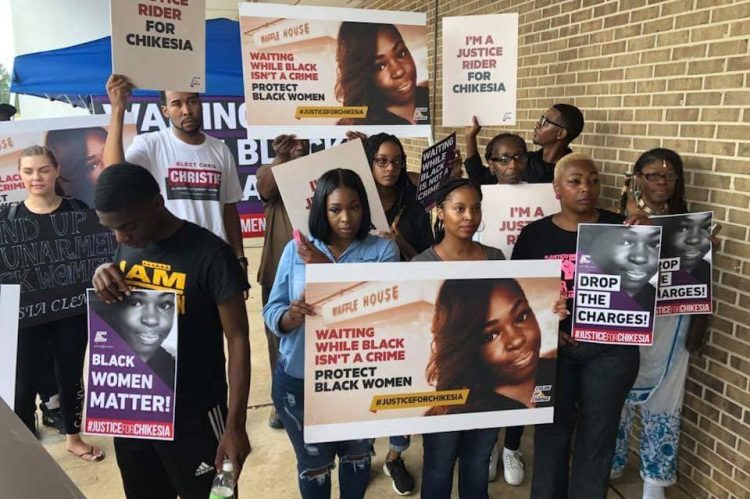Update for Wednesday Section: We will be hosting Estrella Sanchez (please read NTY articles mentioned below under supplementary readings) as a guest speaker for our Wednesday, October 3 class
Update for Thursday Section: We will be hosting Manisha Lance (please refer to listed website: https://www.raksha.org/) as a guest speaker for our Thursday, October 4 class
Required Readings:
Please revisit the following article that was assigned towards the beginning of the semester
Mosse, David. 2004. Is Good Policy Unimplementable? Reflections on the Ethnography of Aid Policy and Practice. Development and Change 35 (4):639-671.
Supplementary readings for Wednesday’s class:
Supplementary readings for Thursday’s class:
Please read through Raksha’s website and familiarize yourself with the goals and work of the organization.
Assignment:
PART I
Working with Constituencies Beyond the University.
Over the last several weeks we been exposed to the ideas of a range of speakers whose concerns are not strictly academic. One of the central goals of our seminar is to learn how to work with such groups. Toward that end, for next week we would like you to choose one of our guest speakers and sketch out your preliminary ideas about how you would do a field/research/engaged project that is based on the concerns expressed by that speaker, and that takes the concerns of the speaker seriously. Please note that this does not mean that you need to agree with everything that the speaker said. It also does not mean that you should try to choose a speaker whose views are “correct.” The challenge is to develop strategies that take seriously the concerns of the speaker while recognizing the limitations of the views expressed and learning to go beyond those limitations. To take but one example, you do not need to agree with everything our guests from Refuse Fascism said to recognize that there may be valuable elements to what they are trying to do. The challenge is to help them do what they seek to do while helping them overcome the limitations of what they are trying to do.
In assessing the limitations of the views of the speaker you select you should feel free to draw upon concepts and theories based upon your disciplinary or program background. Each discipline or program is likely to have different ideas about what is and is not a limitation and how to deal with such limitations. From the perspective of our seminar that is a good thing. The point is not for everyone to agree. Rather, we want to initiate discussions in which everyone in the seminar has the opportunity to hear from and hopefully be challenged by one another.
For next week please prepare a page of bullet points (single-spaced) that reflect your ideas about how to work on the concerns expressed by one of our guests. Students in Wednesday’s class should post their responses by next Tuesday at 8 pm. Students in Thursday’s class should post their responses by next Wednesday at 8 pm.
PLEASE CLICK HERE TO POST YOUR RESPONSES.
PART II
Draft of response to RefuseFascism
Working in the same groups that you were assigned to earlier, please bring a working draft of your group’s response to RefuseFascism. By now, you should have a strong draft that is almost ready to be shared with our guests. Please bring printed copies of these drafts with you to class.



